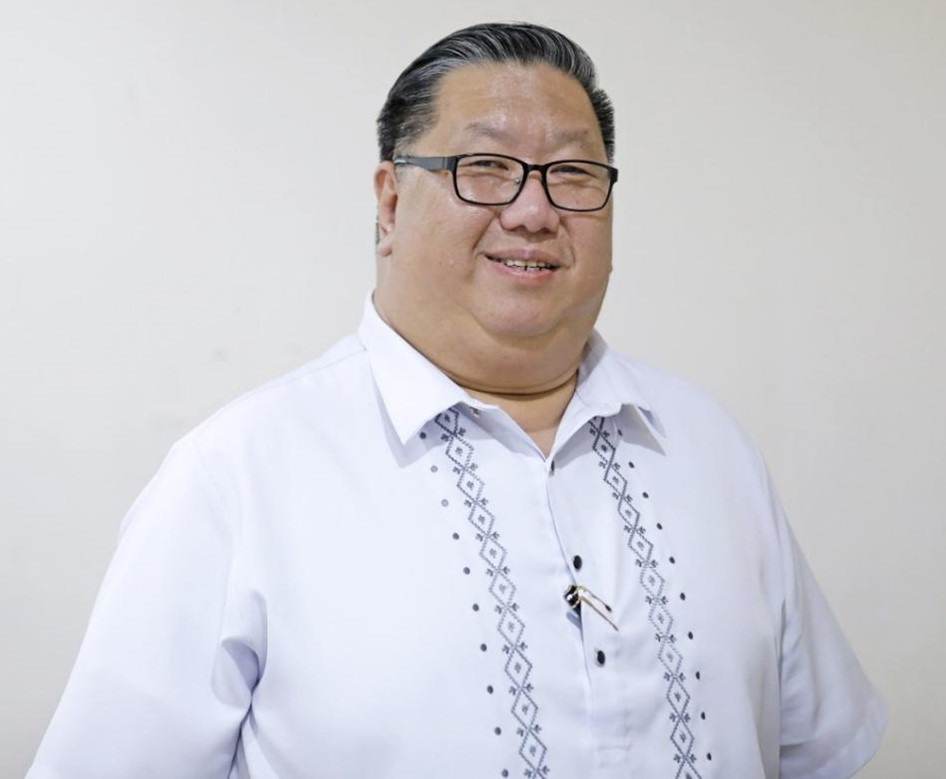FRESH VIEWPOINTS: A NEW PERSPECTIVE
By Brian James Lu
50th anniversary of PH overseas employment
Share
On May 1, the world will celebrate International Workers’ Day. In the Philippines, we call it Labor Day to celebrate Filipino workers' contributions to national development. It is also during this day that workers worldwide amplify their issues, such as welfare and wages. We expect that for Filipino workers, their issues will include an increase in their daily wages, especially now that there are initiatives from legislators to increase the minimum daily wage by more than PHP100.
Perhaps forgotten in our history is the enactment of a labor code that encouraged and regulated the export of Filipino labor and coincided with Labor Day. On May 1, 1974, or 50 years ago, President Ferdinand Marcos Sr. enacted the Labor Code of the Philippines through Presidential Decree No. 442. The Code became the framework for the country's employment practices and labor relations.
The inclusion of the Overseas Employment Development Board (OEDB) and the National Seamen Board (NSB) under the Department of Labor in the Labor Code is unprecedented, however. The OEDB’s function includes the creation of a “systematic program for overseas employment of Filipino workers.” The OEDB received the authority and responsibility to "promote the overseas employment of Filipino workers through a comprehensive market promotion and development program." As a result, Corazon Aquino's administration opened up the systematization of Filipino overseas employment, introducing the overseas contract worker (OCW), which later evolved into overseas Filipino workers (OFW). The 1974 Labor Code laid the foundations for overseas employment and would also serve as a future model for other labor-exporting nations that would follow in the footsteps taken by the Philippines.
It is perhaps the genius of former President Marcos Sr. to institutionalize overseas employment when other third-world countries have yet to consider the opportunities and economic benefits of such a program. Overseas employment became the window for millions of Filipinos to seek greener pastures abroad for the sake of their families.
Global political turmoil led to a rise in unemployment and an economic crisis in the Philippines during the implementation of the overseas employment program. In 1973, the Oil and Petroleum Exporting Countries (OPEC) quadrupled the price of oil per barrel, triggering the world's first major energy crisis. The primary goal of overseas employment was to corner large dollar remittances from abroad. It is not surprising, therefore, when the 1974 Labor Code states that it is “mandatory for all Filipino workers abroad to remit a portion of their foreign exchange earnings to their families, dependents, and/or beneficiaries in the country.”
The number of Filipinos who have worked abroad for over 50 years demonstrates the success of the overseas employment program. In 1975, data from the Philippine Overseas Employment Administration (POEA) showed that there were only 36,035 OCWs deployed in various countries. In 1985, there were 372,794 deployed OCWs. There was a tremendous increase in the number of Filipino deployments through the overseas employment program in the succeeding years so in 2016, there were 2,552,879 OFWs deployed all over the world, or a deployment of 6,994 OFWs every day.
The figures above represent OFWs who underwent a rigorous process by the POEA, starting with the submission of various documents such as birth certificates, passports, and marriage certificates, among other things. Applicants had to pass medical examinations, skills training, and skills tests, as well as pay various fees. An applicant's deployment abroad typically takes between three and six months. The data does not include Filipinos who left the country as tourists but managed to obtain work permits.
When overseas employment first became popular 50 years ago, Filipinos primarily went to the oil-rich Middle Eastern countries, especially the Kingdom of Saudi Arabia (KSA). Today, it remains the top destination, although many countries have opted to receive OFWs as part of their labor force. According to 2017 POEA data, OFWs were deployed in 216 countries. These are countries that are industrialized, rich, middle-income, poor, or even experiencing war. Filipinos' resilience in adapting to their destination countries has made them successful. Employers mostly prefer Filipinos due to their English communication skills and hardworking nature. Filipinos are known to be more successful when they work abroad compared to other nationalities.
Most Filipinos work abroad for various reasons. Primary among these are economic opportunities, better wages, and improving the quality of life for themselves and their families. In the Philippines, there's a deficiency in employment and higher income. Even today, children are planning to work overseas. Perhaps this is mainly due to the success of their parents or siblings overseas, who can successfully provide for the family.
Fifty years after the 1974 Labor Code, the OEDB evolved into the Department of Migrant Workers (DMW). The department harmonizes all agencies involved in addressing OFW concerns. OFW concerns involve recruitment, protection, deployment, repatriation, and reintegration.
It is worth noting that former president Marcos Sr. enacted the overseas employment program as a temporary measure to address the crisis in the 1970s. People believed that once the Philippines achieved industrial status, Filipinos would choose to work domestically instead of seeking employment abroad. This did not happen, of course. With the creation of the DMW, Filipinos' overseas employment will continue and may become a permanent fixture in the government employment program.
Editor’s note: The opinions expressed in the foregoing article are solely the author’s and do not reflect the opinions and beliefs of the Philippine News Agency (PNA) or any other office under the Presidential Communications Office.
Comments
About the Columnist

BRIAN JAMES J. LU, MMgt, is an entrepreneur, business adviser, government consultant, and is deeply involve in civil society organizations. He advocates good governance, ethical business practices, and social responsibilities. He is the President of the National Economic Protectionism Association (NEPA) and Chairman of the Foundation for National Development (Fonad). His broad experiences in the private and public sectors give him a unique perspective to advance his advocacies.
